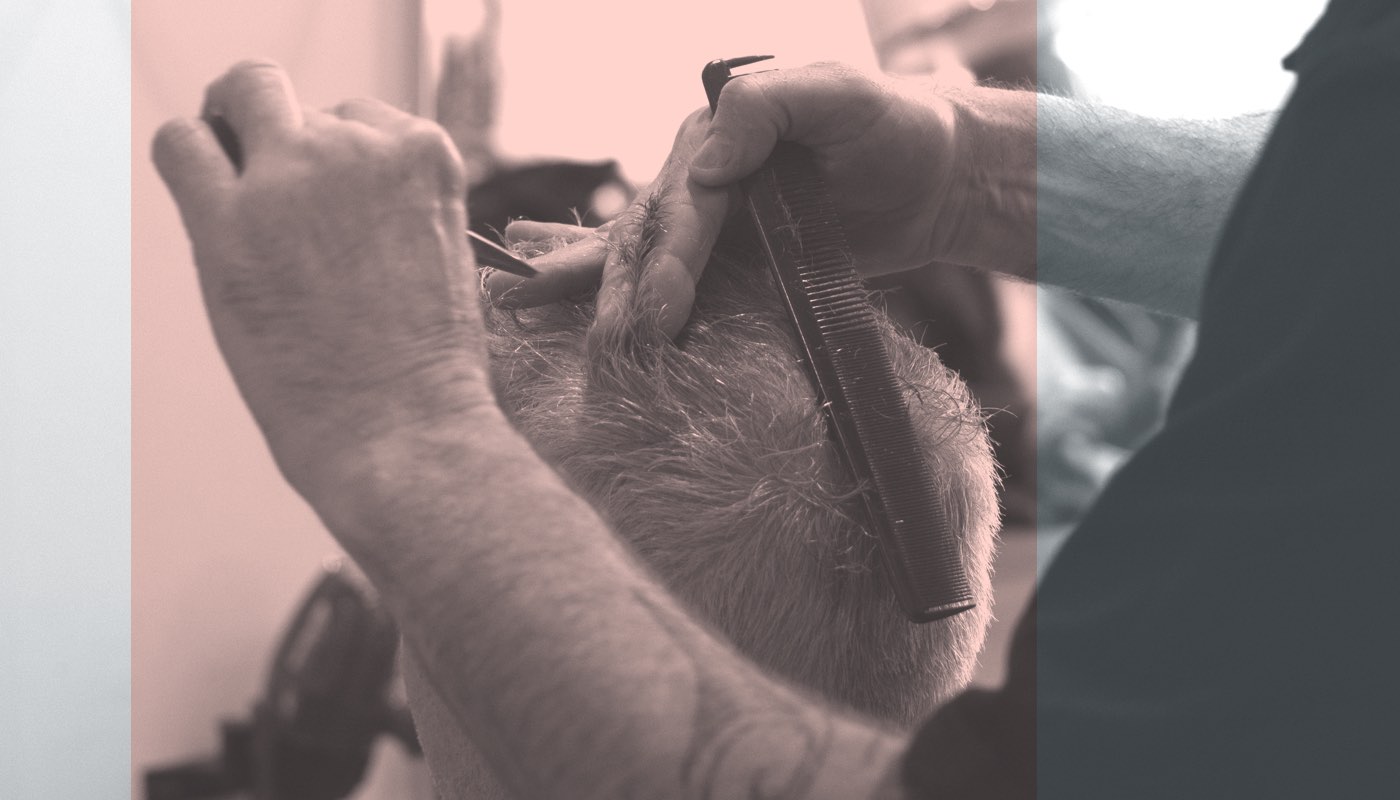How to Select and Mentor Junior Salon Stylists
We asked salon veteran Karl Ross for insight around hiring and mentoring juniors, taken from his 20 years in the salon business.
As a business owner and senior stylist, Karl consistently found that the most difficult aspect of running a salon is hiring, training and retaining young stylists. Here’s what Karl had to say.
Choose your juniors wisely
To start with, you need to be very, very careful about who you choose to bring into your salon. A lack of experience means you’ll work with them every day and help them grow. If you end up rushing the hiring process you may end up with someone difficult or unreliable. This is inviting pain and extra work on yourself.
Your time is precious. Spend it on people you believe in.
Communication is #1
Beyond anything else, Karl cites communication as the number one skill in a salon environment. Communication between the team and with clients is crucial. Successful communication will improve your day to day operations, and your bottom line. Communication is a two-way street. Your juniors need to be able to chat and relate to clients, but they also need to be able to listen.
Read our blog post for more tips on communication.
Choose juniors based on personality
In the long term Karl has found that it’s personality that will determine a stylist’s success.
Before you hire someone, bring them in to see how the deal with clients as they come into the salon. Are they anxious or welcoming? Do they help the client feel at ease? How is the rapport? Are they attentive?
Anyone can learn to cut hair, but not everyone is great with people. You want to mentor people who are natural ‘people-people’. Anyone else will add friction to your salon.
It’s not about you
Often people in the salon world can be precious or self-absorbed, consistently putting themselves before their clients.
Ultimately, your client is the expert in being them. As a stylist your job is to help them be the best them they can be. Encourage your juniors to see it as a privilege to serve a client.
Sometimes, this means being flexible and here you can lead by example. If needed, work outside regular hours if a VIP client has an important event. If they’re stuck at home for whatever reason, offer to visit the client at home for a cut. Go the extra distance in terms of time and effort. Not only will you keep that client for a long time, you’ll set a great example for your juniors.
Also, it’s important to know when to talk, and when to zip it if the client clearly does not want to talk. It’s not a requirement for a client that they hear the stylist’s opinion.

Attention to detail
A great stylist will do all the little things that makes a salon visit easy.
Mentor your juniors in the way you do things in your salon. For example, the way you come out to meet the client and guide them through the salon space. I always turn the chair to face the client so they know which seat they’re going to, making it easy for them to walk over and sit down. Eye contact is very important, as is remembering their name.
Before the appointment, you can refresh your memory and look up their details in the client notes.
At the end of their session, continue talking to them and guide them to the front counter. A smooth payment experience makes it easy for the client to feel good about paying, and rebooking.
All these small things add up. If your juniors have this attention to detail, it will help them provide a more professional experience, and your clients will feel at ease in your salon.
Everyone has experienced poor service at some point. Mentor your team to be attentive and your clients will feel the difference. Your juniors need training to deliver this kind service – it does not come naturally.
Lead by example
Your actions and reactions set the standard across the salon, and your junior’s will model their behaviour from your own.
If you’re having drinks at the end of the week, have 1 or 2 beers, not 3-4. Your salon is a workplace, not a bar.
Work with them through all the little day-to-day jobs and explain why they’re important.
Nobody should ever be idle in a salon!
Be eternally proactive about these little jobs and make it clear that you expect your staff to do the same. This can be things where people might say “it’s not my job”, i.e. loading the dishwasher in the staff room. OK, technically it’s not your job, but it is part of keeping the team ticking over. Ditch the ego for a moment, because no problem is too big, and no task too small.
If you can mentor your juniors to have a helpful mindset, you’ll aid their careers, but also help build nicer humans. The rewards of running a business are rich and varied. Helping a young person to develop can be just as satisfying as being your own boss, or becoming financially secure.


